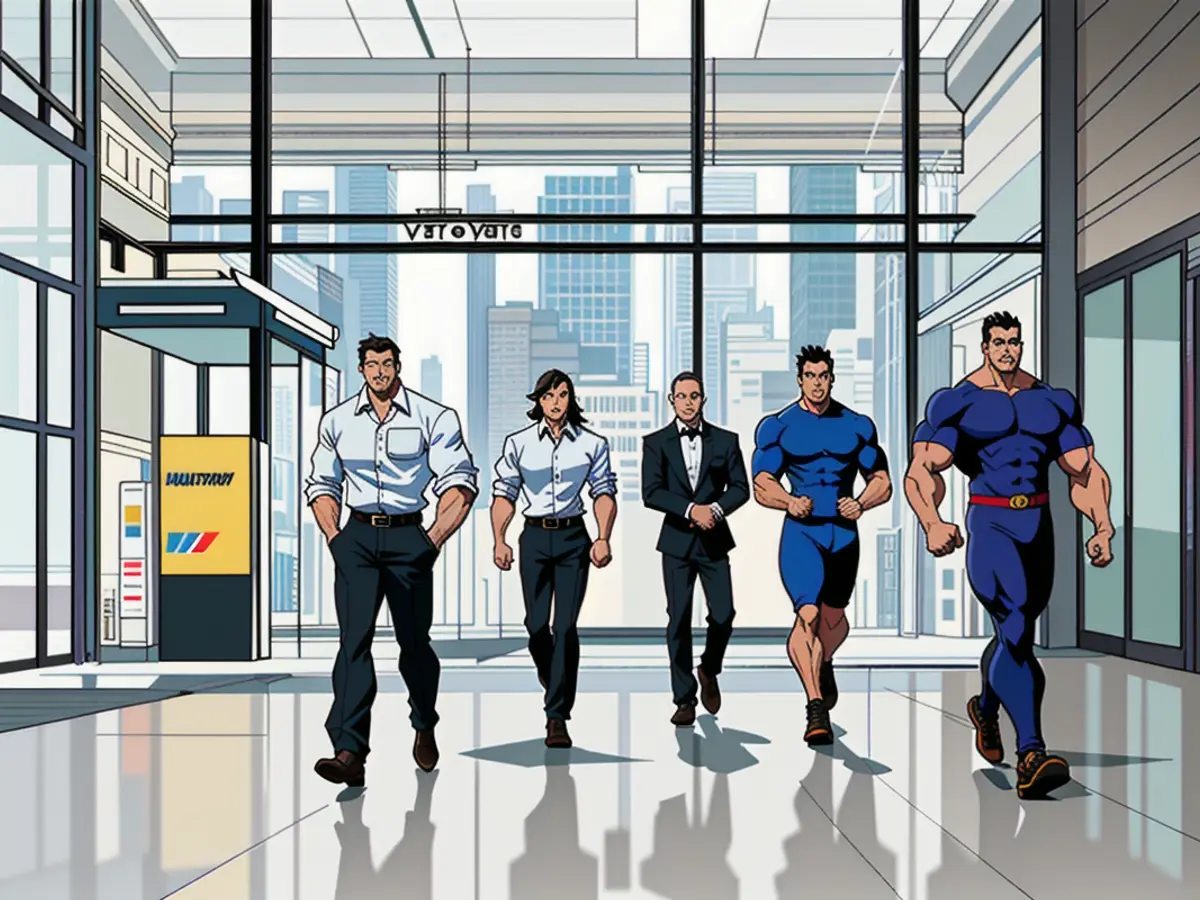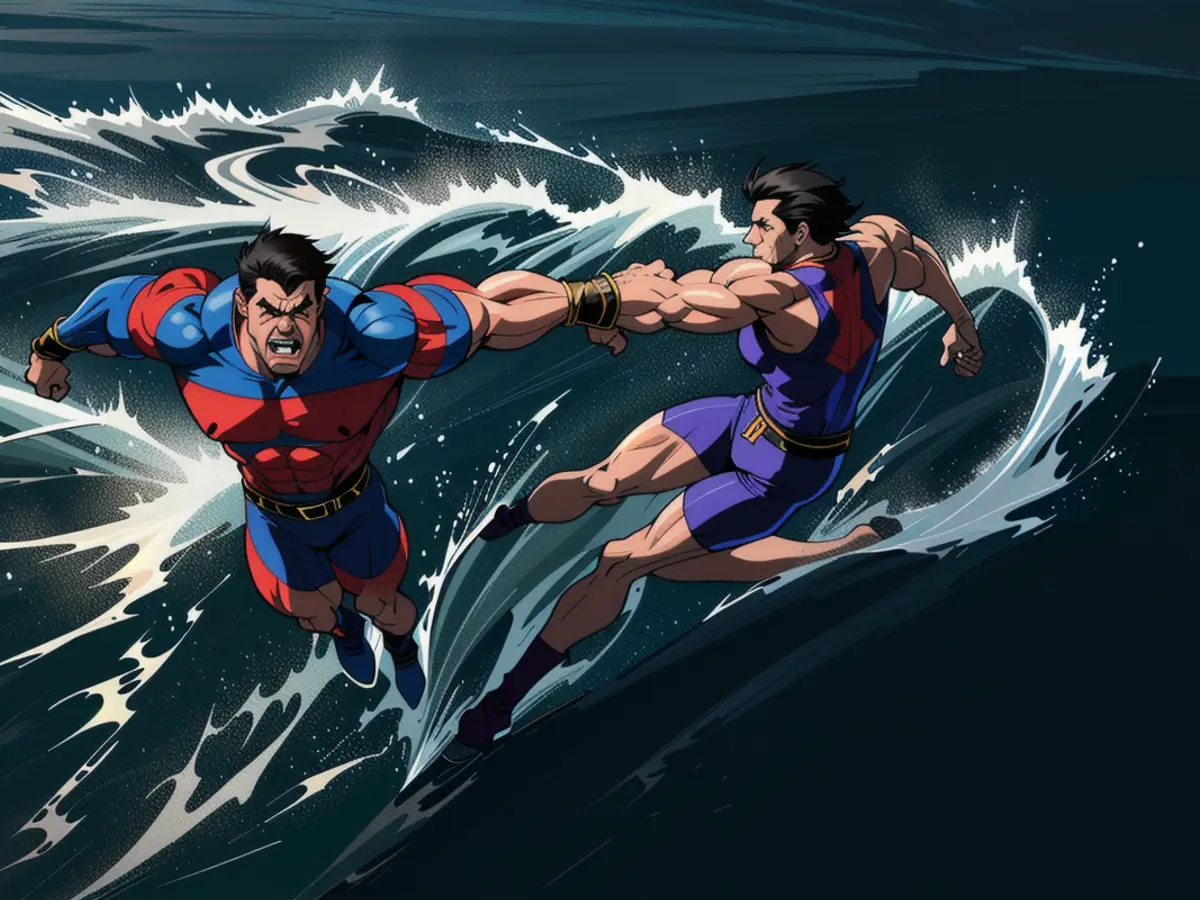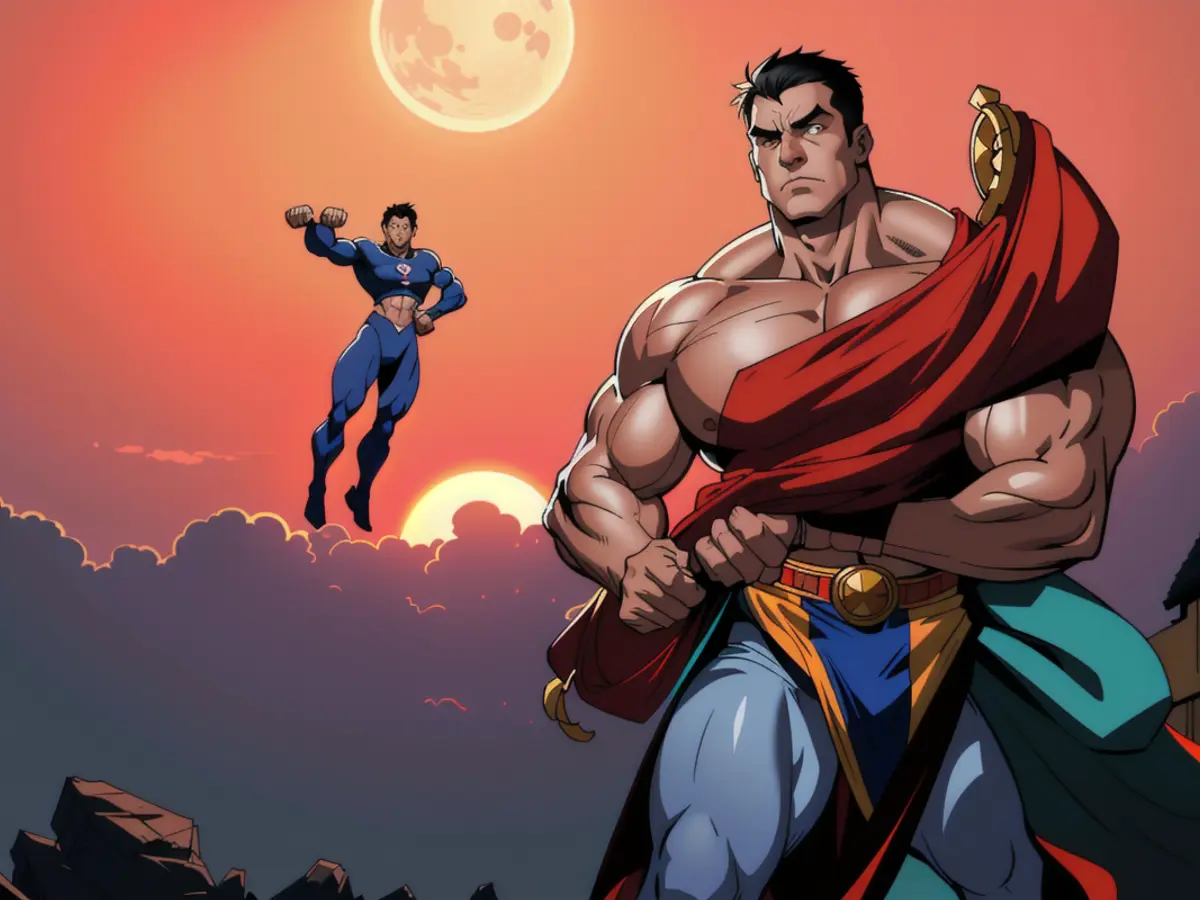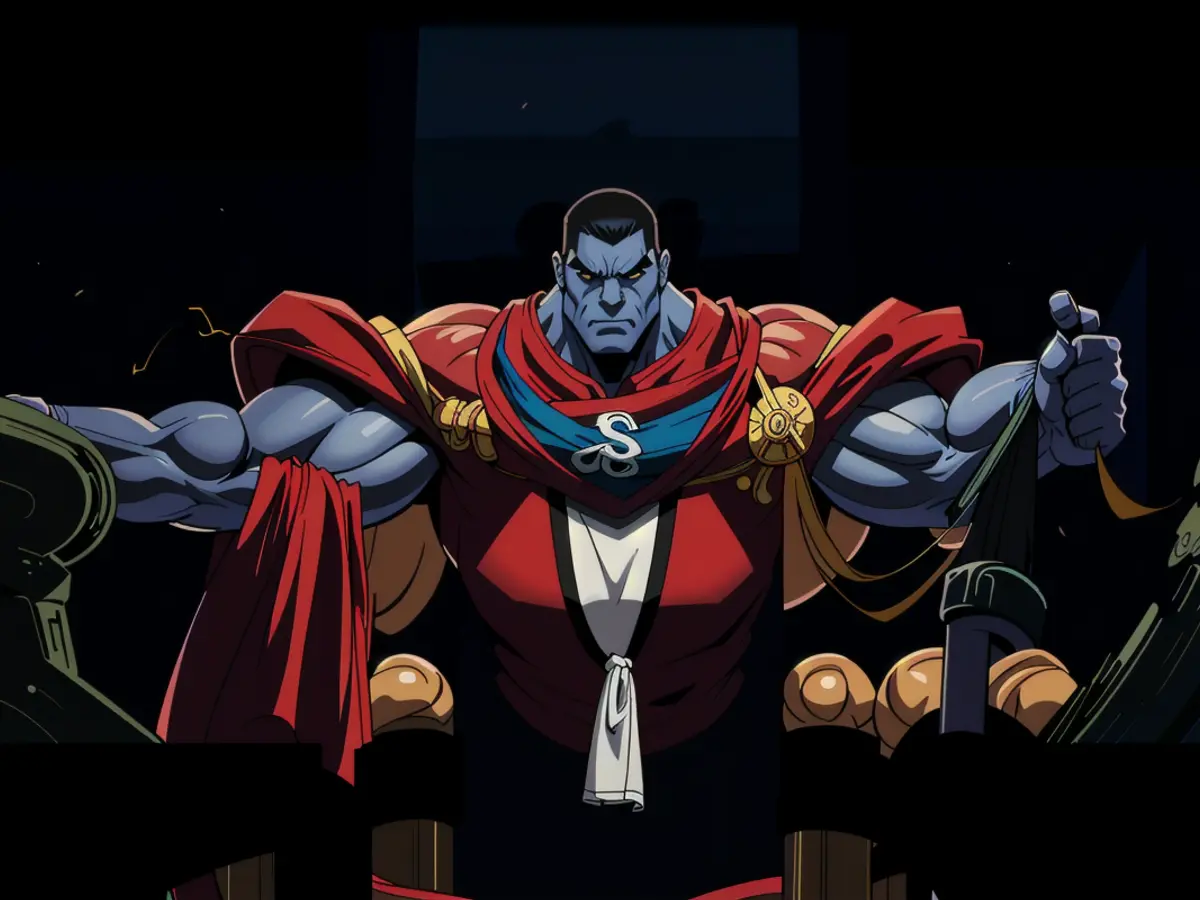Potentially, Juan Soto could boost the Mets' performance. However, his presence alone isn't the reason behind the increasing ticket prices.
Many fans were skeptical when they heard about the record deal that transformed the baseball world on Monday. Over the past two decades, baseball ticket prices have nearly doubled, and players' salaries have reached unprecedented heights. Fans believed these expensive contracts were the reason why a family of four had to spend an average of $267 to attend a game last year, as reported by Team Marketing Report, which tracks ticket prices, concessions, souvenirs, and parking.
One disgruntled fan expressed their opinion on X, saying, "In my opinion, nobody should earn that kind of money for playing baseball. No matter how talented they are. That's why ticket prices are so high."
Another fan voiced their frustration on Bluesky, commenting, "No human being is worth 1% of that. Good luck Mets fans! Those $500 upper deck seats are coming."
However, economists who research sports businesses agree that ticket prices, along with other fan costs, have little connection to a team's payroll or other expenses. Ticket prices are primarily influenced by supply and demand—the basic principles of Economics 101—not by costs.
Victor Matheson, an economics professor at the College of the Holy Cross in Massachusetts who specializes in sports industry economics, explained, "Soto won't impact your high ticket prices unless he helps the Mets become more competitive, which would increase demand for a superior product and drive up the price you pay."
Neil deMause, co-author of "Field of Schemes" and an expert in sports finances, echoed Matheson's sentiments, stating, "If free agency didn't exist, and players were still receiving pre-free agency salaries, teams would still charge the same amount for tickets, just pocketing more money."
In 2006, as part of his book "Baseball Prospectus' Baseball Between the Numbers: Why Everything You Know About the Game Is Wrong," deMause conducted a study comparing salaries to ticket prices and found no correlation between the two. He pointed out that ticket prices remained stable in the 1990s—despite rising salaries—and only increased due to increased demand and shrinking seating capacity at modern, smaller stadiums.
DeMause further explained, "Ticket prices don't change when teams start spending more money or less. The rules of the market have not changed."
He pointed to college sports and the postseason as examples of this phenomenon. Despite schools not directly compensating players, these events still yield significant financial returns through ticket sales. The postseason, when players don't earn their regular salaries and instead receive a percentage of ticket revenue, consistently features the most expensive tickets of the season.
DeMause concluded, "Ticket prices have little to do with payroll. They're set by supply and demand, and teams charge as much as they can get away with."
Limiting the number of tickets available is another strategy to drive up ticket prices. Modern stadiums, often constructed with public funds, have smaller seating capacities than their predecessors.
Vince Gennaro, associate dean of the Preston Robert Tisch Institute for Global Sport at New York University, explained, "The strategy for the last quarter century has been to create some scarcity."
Teams have also leveraged broadcast and streaming rights, concessions, and sponsorships to maximize revenue. Tier pricing, implementing higher ticket prices for popular games, and selling tickets on the secondary market are common tactics. Additionally, teams may offer discounts on unused tickets to incentivize purchases.
DeMause explained, "Salaries are rising because teams have more money to spend, and the return on investment for winning is incredibly high."
Despite the higher prices and diminished seating capacity, demand for attending games in person has persisted. In 1974, the year before free agency, Major League Baseball teams drew an average of 1.3 million fans. Last year, the average attendance was 2.4 million.
Bruce Johnson, a professor of economics at Centre College in Kentucky, noted, "There are numerous people eager to attend games but limited seating to accommodate them. The owners set the prices they do because they can, not due to financial obligations to the players."
The economist Victor Matheson suggests that Soto's impact on ticket prices will depend on his ability to make the Mets more competitive, which could increase demand for a better product and consequently, the ticket price. Moreover, Neil deMause, an expert in sports finances, argues that if free agency didn't exist, teams would still charge the same amount for tickets, simply earning more profits.








